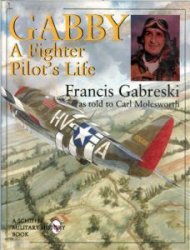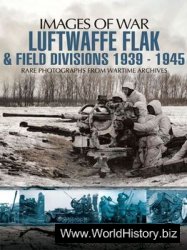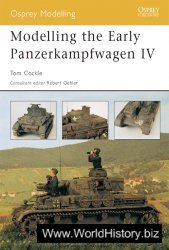Foreign affairs offered a distraction from the growing sectional hostility. In 1848 a series of revolutions swept across Europe, and informed Americans saw it as another manifestation of the revolutionary spirit that had begun in America in 1776. Americans sympathized with European attempts to overthrow autocratic governments, and some felt that the United States ought to extend itself further into new territories in the Western Hemisphere—the idea of manifest destiny was alive and well. A movement within the Democratic Party became known as "Young America." Its adherents supported the idea of worldwide republican revolutions based on the American model. They also believed that focusing on foreign matters might draw attention away from the controversy over slavery, a vain hope as it turned out.
In 1854 the American minister in Spain, Pierre Soule, offered to purchase Cuba but was rebuffed by the Spanish government. Soule was instructed to meet in Ostend, Belgium, with two other American ambassadors, James Buchanan, the U. S. Minister to Great Britain and John Y. Mason, Ambassador to France. The resulting "Ostend Manifesto" was a statement of intent to wrest Cuba from Spain by whatever means were necessary. This move aroused opposition both in the North, where it was viewed as an attempt to expand the slave territory into the Caribbean, and in Spain. James Buchanan's support for the manifesto gained him favor in the South and helped him get elected president in 1856.

The new territory on the West Coast renewed enthusiasm for improving communications with the Far East and passage between the Atlantic and Pacific Oceans. In 1850 the United States signed the Clayton Bulwer Treaty with Great Britain concerning rights to build a canal across the narrow isthmus between Central and South America. The British had been interested in the same region for some time. To ensure the neutrality of the canal and to keep it open to both nations on an equal basis, the two nations agreed in the treaty not to claim exclusive control over a canal between the Atlantic and Pacific, nor to fortify it.
The United States sought to further trade relations with Asia by sending an expedition commanded by Commodore Matthew C. Perry to
Japan in 1854. The ostensible purpose was to deal with the issue of shipwrecked American sailors who were detained in Japan. President Fillmore sent a message to the Japanese emperor and presented gifts to Japanese authorities. The result was the Treaty of Amity and Commerce, which opened ports to American ships and addressed the issue of American seamen. Additional ports were opened by later treaties, and at about the same time new agreements were reached to enhance American trade opportunities in China. America's complex relationships with Asian nations were advancing.




 World History
World History









